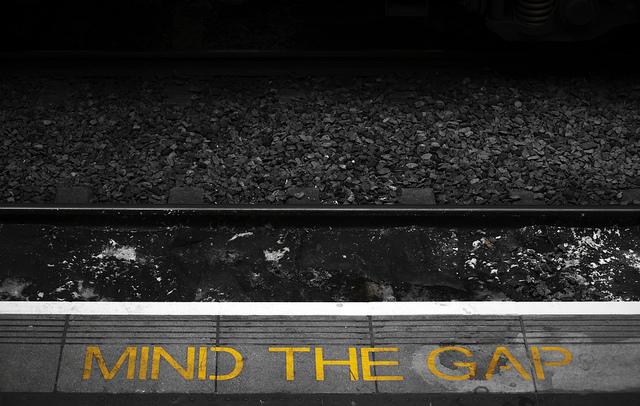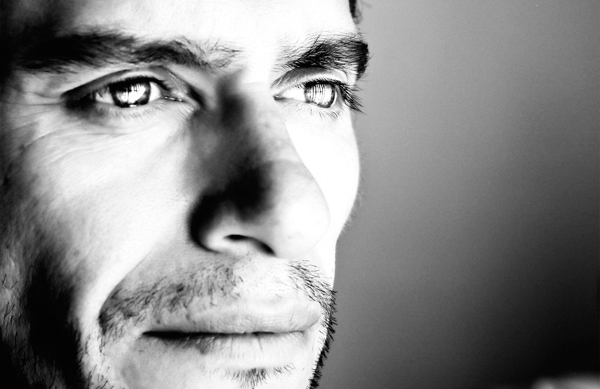The views expressed in our content reflect individual perspectives and do not represent the authoritative views of the Baha'i Faith.
Intelligence alone is dangerous if it is not subjected to the intuitive or rational perception of moral values. It has led, not only to materialism, but to monstrosities. – Lecomte du Nouy
The intellect is the link that joins us to God. – Maimonides
Religion is the last subject that the intellect begins to understand. – Will Durant
We all rely heavily on our minds.
Our intellect makes us human, navigates us through the rough seas of life, and enables us to think through the challenges and opportunities in our path. It provides us with an identity, allows us to relate to others and maybe most importantly, gives us a way to evaluate the truth, or lack of it, in any fact, opinion or principle. That internal truth meter—the discernment, judgment and critical faculty our intellect creates–acts as one of the most important guidance systems in our entire life.
We all have daily encounters with truth and falsehood, and life forces us to decide between them.
I had an unsettling experience with that particular intellectual facility a while ago. My father, in the last few years of his life, somehow lost his previously well-honed ability to determine the truth. Formerly a very intelligent and discerning man, in his late 80s his mental faculty of discernment deteriorated badly, and he became unable to separate truth from untruth. When he received scam offers online or in the mail—“You’ve just won $4.2 million in the Nigerian Lottery! Just send us your bank account number!”—he always believed they were legitimate. Sadly, these kinds of scams seem to target the elderly. My siblings and I had to quietly intercept these frauds to stop him from naively signing up for each one. The doctor suspected some form of organic brain syndrome or Alzheimer’s had affected his truth-discerning abilities, but never could determine the exact cause before my father passed away at 90.

I learned, from that experience, about the enormous importance of that inner intellectual facility we call discernment. When we discern the truth, we make our most important decisions. With well-developed abilities that allow us to recognize the truth, we can avoid an enormous amount of grief and trouble in life. Without them, we’re subject to fraud and failure and enormous loss—and not just in a financial sense. If we believe things that aren’t true, we invite tremendous suffering into our lives.
The Baha’i teachings praise discernment and count it as one of the inward perfections of the enlightened intellect:
The spiritually learned must be characterized by both inward and outward perfections; they must possess a good character, an enlightened nature, a pure intent, as well as intellectual power, brilliance and discernment, intuition, discretion and foresight, temperance, reverence, and a heartfelt fear of God. – Abdu’l-Baha, The Secret of Divine Civilization, pp. 33-34.
With discernment comes the ability to reason, to employ logic, to see the end in the beginning, and to ferret out the real meanings of things. With discernment, we can separate truth from falsehood and set our course on a true path. With discernment, we can live an authentic life.
The philosopher Jonathan Dolhenty called this power of discernment coherence. He said “a judgment may be accepted as true if it harmonizes or is coherent with other facts which we have already accepted as true.” Of course, we trust this intellectual faculty to discern truth when direct personal observation with our senses can’t occur. We use it to evaluate second- or third-hand information and decide on what we believe. Discernment allows us to exist in a world we can’t always experience directly. With our intellect and discernment engaged, we can determine our best truth.
But the coherent powers of the intellect and that wonderful attribute of discernment, despite their value to us throughout our lives, aren’t always perfect. Our intellects, imperfect instruments at best, often fail us. No one can claim a perfect track record of making absolutely correct, discerning decisions in every instance. We make mistakes even when we have all of our mental faculties. That’s why, the Baha’i teachings tell us, the human intellect doesn’t always lead us to the truth, and can lead us astray:
The second criterion is that of the intellect, which was the principal criterion of comprehension for those pillars of wisdom, the ancient philosophers. They deduced things through the power of the mind and relied on rational arguments: All their arguments are based upon reason. But despite this, they diverged greatly in their opinions. They would even change their own views: For twenty years they would deduce the existence of something through rational arguments, and then afterwards they would disprove the same, again through rational arguments. Even Plato at first proved through rational arguments the immobility of the earth and the movement of the sun, and then subsequently established, again through rational arguments, the centrality of the sun and the movement of the earth. Then the Ptolemaic theory became widespread, and Plato’s theory was entirely forgotten until a modern astronomer revived it…
It is therefore evident that the criterion of reason is imperfect, as proven by the disagreements existing between the ancient philosophers as well of by their want of consistency and their propensity to change their own views. For if the criterion of intellect were all perfect, all should have been united in their thoughts and agreed in their opinions. – Abdu’l-Baha, Some Answered Questions, newly revised edition, pp. 343-344.
If both the senses and the discerning coherence of the intellect fail us, then what does work? In tomorrow’s installment in this series, let’s take a look at the third way of knowing, those truth-determining criteria we call tradition and authority.
















Comments
Sign in or create an account
Continue with Googleor